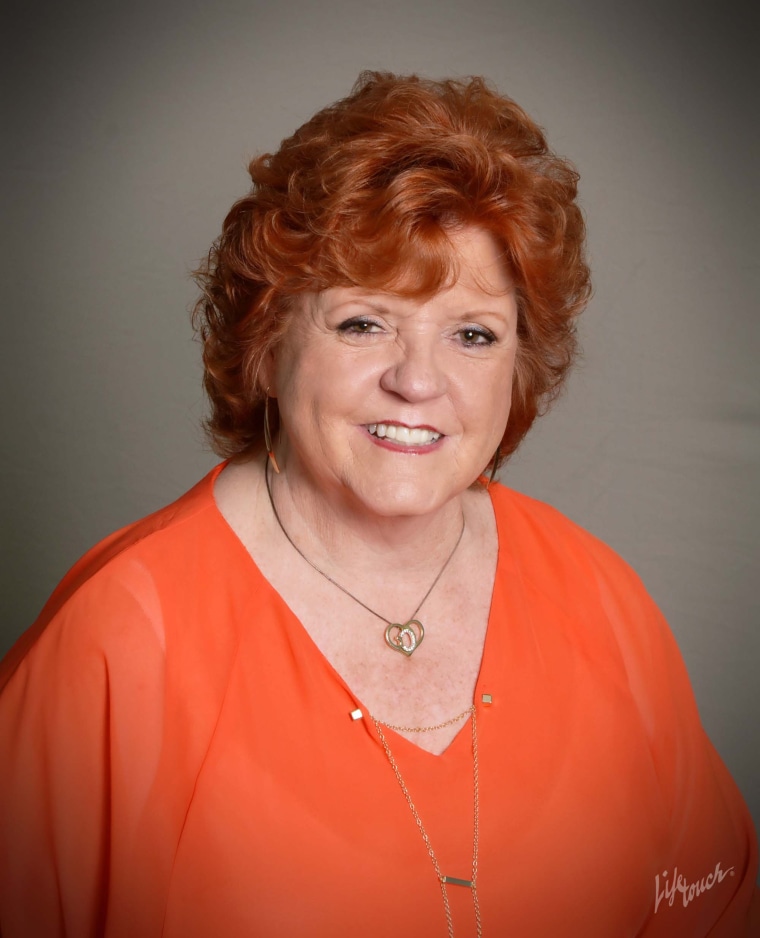Evan at age 72, Barbara Wiley has always insisted on getting her annual Pap smear, despite guidelines advising against cervical cancer screening in older women. Wiley's health strategy may have saved her life.
In October of 2015, Wiley’s test results showed she had developed cervical cancer. Because it was caught early, her prognosis was good.
“I’m going to live a lot longer,” said Wiley of Mount Washington, Kentucky, adding that this kind of situation is “why I don’t listen to the guidelines.”
A new study finds that nearly 20 percent of cervical cancers are found in women aged 65 and older. In fact, researchers found that just 5.1 percent of cervical cancers were diagnosed in women between the ages of 20 and 29, the ages when screening is strongly recommended, compared to 8 percent in women between the ages of 70 and 79, according to the report presented recently at the annual meeting of the Society of Gynecologic Oncology.
Stop screening after 65?
After seeing many older women with cervical cancer in her clinic, Dr. Sarah Dilley, a gynecologic oncology fellow at the University of Alabama at Birmingham and the lead researcher on the study decided to look into the issue.
Current guidelines say screening for cervical cancer should stop at age 65, but the new findings suggest that this screening recommendations may need to be reexamined, Dilley said. That’s especially true as the country’s demographics change.
“The population of women in this age group is growing and will continue to grow until it peaks in 2030, so we’re only going to be getting more patients," said Dilley.
In the new study, researchers examined medical information from two databases: the Surveillance, Epidemiology and End Results from 2000 to 2014 and the National Cancer Database from 2004 to 2014. The researchers found similar results in both databases for women 65 and older. In the NCDB, 18.9 percent of cancers, or 20,213 women, were found in older women, while 19.7 percent, or 10,360 women, were found in the SEER database. The NCDB data is gathered from hospitals, while SEER is a population based registry.

“This sheds new light on our screening parameters,” said Dr. Robert Edwards, chair of obstetrics and gynecology at Magee-Womens Hospital at the University of Pittsburgh Medical Center. “This needs to be looked at.”
While it’s assumed that cervical cancer typically takes five years to develop, that may not be true for older women whose immune systems have taken an age-related hit.
Typical symptoms of cervical cancer include:
- pelvic pain
- back pain or “sciatica’’ type pain
- swelling in the legs
- blood in the urine
Some patients may also present with a persistent mucus discharge that may or may not contain blood.
“This is a copious discharge where the patient needs to wear a pad to avoid smearing her clothes,” said Dr. Wilberto Nieves-Neira, a gynecological oncologist at Northwestern Memorial Hospital.
There are a lot of unknowns when it comes to women in this age group, Edwards said. Also, the current guidelines may not take sociological changes that have occurred in the past couple of decades into account.
“Women are living longer and many are sexually active in their 70s and 80s,” says Edwards. “So there are opportunities for this unscreened population to be exposed.”
Infection by the human papillomavirus, HPV, is the most important risk factor for cervical cancer.
According to the American Cancer Society, some of the major risk factors for cervical cancer are:
- smoking
- chlamydia infection
- giving birth to three or more children
- having several sexual partners
- economic status, which may hinder women from being screened for cervical pre-cancers
Most doctors believe that women who have no symptoms and one or fewer risk factors do not need to undergo routine screening. Still, women are encouraged to talk to their doctors about risk factors and screening options, their lifestyle changes.
The older women who came into the clinic where Dilley worked tended to have later stage cancers and had come in because they were experiencing symptoms.
“Women past menopause who ceased menstruating will often start to bleed again,” Nieves-Neira said.
To eliminate the cancer oncologists suggest a hysterectomy. That's what Willey’s oncologist recommended.
“I was a few months shy of being 71 at the time of surgery,” Willey said. “I’m two years clean now. And I’m not concerned about it coming back.”